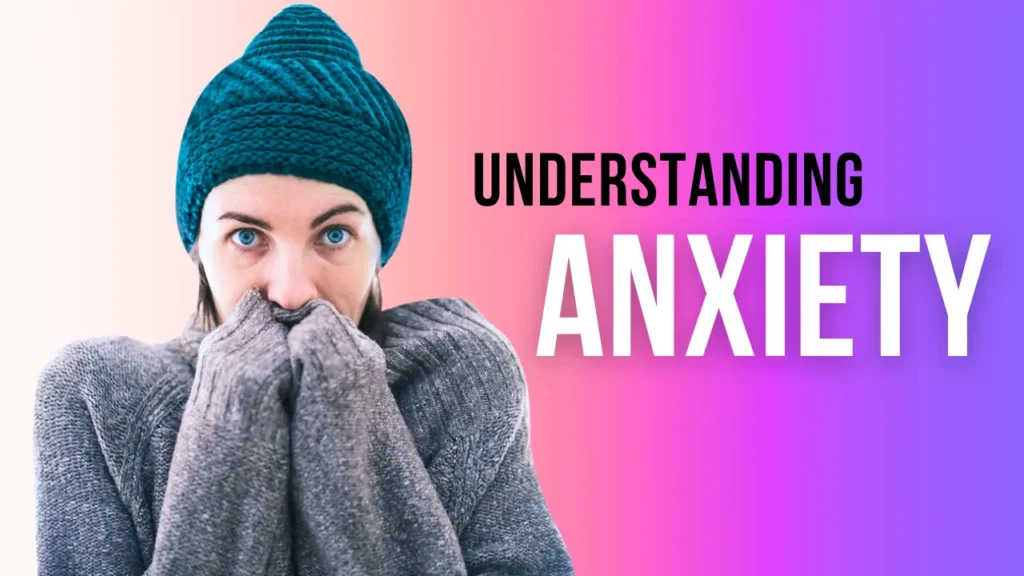Grief is a natural reaction to loss, but it can also be a difficult and complex journey to navigate. Grief counselling can be an invaluable resource for those struggling with grief and loss. We will explore what grief counselling is, the different types of grief counselling, the benefits of grief counselling, and how to find the right grief counsellor.
Grief counselling is a form of psychotherapy that helps individuals express and understand the emotional pain associated with grief and loss. Grief counsellors provide emotional support, coping skills, and guidance to help people process and work through their grief. The goal of grief counselling is to help individuals find a way to live with their loss and ultimately move forward with their lives. Grief counselling can take many forms, such as individual therapy, group therapy, in-person or online sessions, and even self-help techniques.
While each type of grief counselling has its own benefits, the ultimate goal of any grief counselling process is to help individuals find a way to cope with and accept their grief. Depending on the type of grief counselling, different approaches may be used. For example, cognitive-behavioural therapy (CBT) is often used to help individuals change their thought patterns and behaviours related to their grief. Other approaches like mindfulness-based therapy, narrative therapy, and emotionally focused therapy may also be used. The benefits of grief counselling can be significant. Grief counselling can help individuals process their grief in a healthy and supportive environment, learn to accept and cope with their loss and develop strategies to move forward in life.
1. Understanding grief And Loss
What is grief counselling?
Grief is an emotional response to a loved one’s death or other loss. It can be experienced in many different ways, such as sadness, anger, guilt, fear, confusion, and numbness. Grief can also manifest itself in physical symptoms, such as fatigue, headaches, or insomnia. Everyone’s experience with grief is unique, and there is no “right” or “wrong” way to grieve.
Psychologists, help patients understand the grieving process and develop skills to cope with their emotions. they work to provide a safe, non-judgmental space for clients to identify and express their feelings. They work with clients to develop healthier coping mechanisms and find a sense of acceptance and peace. Additionally, provide support to families or caregivers as they learn to navigate their own grief. The goal is to help clients move through the grieving process in a way that works best for them.
2. The importance of grief counselling
Grief counselling is a form of psychotherapy that is designed to help people understand and work through their grief. It can be a safe and supportive space to process the thoughts and feelings associated with a loss. Grief counselling can help individuals find meaning and acceptance in their grief and build resilience so that they can eventually cope with the loss in a healthy and meaningful way.
- Bereavement Therapy: This type of therapy focuses on helping individuals adjust to their new reality and cope with their feelings of loss.
- Traumatic Grief Therapy: This type of therapy is designed to help individuals who have experienced a sudden or traumatic loss.
- Self-Care in Grief Counselling: Self-care can be an important part of the grief counselling process. This includes activities such as journaling, yoga, meditation, and spending time in nature.
4. Benefits of grief counselling
- Improved mental and emotional health
- Enhanced understanding of grief and loss
- Increased self-awareness
- Improved coping skills enhanced resilienceImproved communication
Grief counselling can help people to better understand and process their emotions surrounding the loss of a loved one. By gaining an understanding of the emotional rollercoaster that accompanies grief, individuals can learn to cope with their feelings and move forward. Counselling can also help to build resilience so that individuals are better able to cope with future losses or difficult life events. Through counselling, individuals can discover improved communication skills, which can help them to talk about their grief and to express their emotions in a healthy way. Additionally, counselling can help to improve mental and emotional health, allowing individuals to move forward with their lives in a positive way.
5. Coping with grief and loss
There are several strategies for coping with grief and loss, including:
- Emotional Coping Strategies: Examples of emotional coping strategies include expressing feelings through creative outlets, such as writing or art, participating in activities that bring joy, and talking to trusted friends and family members.
- Physical Coping Strategies: Examples of physical coping strategies include getting adequate sleep, eating healthy, engaging in regular exercise, and limiting the use of alcohol or other substances.
- Social Coping Strategies: Examples of social coping strategies include joining a support group, attending therapy sessions, and finding ways to give back to the community.
6. Seeking professional help for grief counselling
If you are struggling with grief and loss and need additional support, it’s important to seek professional help. A trained grief counsellor can provide a safe and supportive space to work through your grief and find healing and acceptance. Grief counselling can help individuals to navigate their grief in a safe and supportive environment. A grief counsellor can provide a variety of services in response to grief, such as providing emotional support, helping to identify coping strategies, and normalizing the grief experience. Grief counselling can also help to reduce feelings of isolation, provide an outlet for expressing emotions, and help an individual to find meaning and understanding in the grieving process. Additionally, grief counselling can help to promote self-care, provide strategies for managing difficult thoughts and feelings, and help an individual to move forward in their life following a loss. Professional help for grief counselling can be obtained through a variety of resources, such as private therapy, support groups, and online programs.
7. What to expect in grief Counselling?
Session in a grief counselling session, you can expect to talk about your feelings, share your story, and explore ways to cope with your grief. The counsellor may also provide you with techniques and strategies to help you better manage your grief.
8. Tips for choosing the right grief counsellor
When looking for a grief counsellor, it’s important to consider the following:
- Make sure the counsellor is licensed and experienced.
- Ask about the counsellor’s approach to grief counselling.
- Consider the counsellor’s availability and location.
- Make sure you feel comfortable with the counsellor.
When looking for a grief counsellor, it is essential to ensure that the counsellor is licensed, experienced, and qualified to provide grief counselling services. You should also inquire about the counsellor’s approach to grief counselling, as there are different approaches, such as cognitive-behavioural therapy and psychodynamic therapy, that may be employed. Furthermore, consider the counsellor’s availability and location. For example, if you need to attend sessions in person, make sure the counsellor is located close to you, and that they are available during times that are convenient for you. Lastly, make sure that you feel comfortable with the counsellor. If you find that you do not feel comfortable with the counsellor or their approach to grief counselling, it is best to find someone else.
In addition to the points listed above, it is also important to research the counsellor’s educational background and areas of speciality. It is beneficial to work with a counsellor who has a speciality in grief counselling, as they may have more experience and knowledge in this area. Furthermore, it is important to consider the counsellor’s fees and payment policies to ensure you are comfortable with their service. Additionally, it is important to ensure that the counsellor has a valid license to practice, which can be verified through their respective professional organizations. Lastly, it is important to ask the counsellor about their experience in working with people of different ages, cultural backgrounds, and life experiences, as this will help you determine if the counsellor is a good fit for you.
When it comes to finding a grief counsellor, there are several options. You can search online for counsellors in your area or contact your doctor or insurance provider for referrals. It’s also important to research potential counsellors to make sure they have the necessary qualifications and experience.
9. Common misconceptions about grief counselling
There are several common misconceptions about grief counselling, including:
- Grief counselling is only for those who are struggling with severe grief and loss.
- Grief counselling is only for those who have recently experienced a loss.
- Grief counselling is only for those who are in need of professional help. In reality, grief counselling can be beneficial for anyone who is struggling with grief and loss and can provide a safe and supportive space for healing.
10. When to seek grief counselling
If you are struggling with grief and loss and feel overwhelmed or unable to cope, it may be time to seek professional help. Grief counselling can provide the support and guidance needed to navigate the grief journey in a healthy and meaningful way.
Conclusion
Grief counselling can be an invaluable resource for those struggling with grief and loss. It can provide a safe and supportive space to process the thoughts and feelings associated with a loss, build resilience, and find healing and acceptance. If you are struggling with grief and loss and need additional support, it’s important to seek professional help. A trained grief counsellor can help you navigate your grief journey in a healthy and meaningful way.
Grief counselling is beneficial for anyone who has experienced a loss and is feeling overwhelmed, confused, or stuck. Grief counsellors are trained professionals who provide a non-judgmental, confidential environment to help people work through the complex emotions that come with grief and loss. They can provide guidance and support to help you make sense of your feelings, work through the stages of grief, and find ways to cope with your loss. They can also help you identify any unhealthy coping strategies and replace them with healthy, productive alternatives. Grief counselling can also help you to develop a new purpose or meaning in life after your loss, as well as find ways to remember and honour the person you lost. Ultimately, grief counselling can help you to find peace and healing after a difficult period in your life.






